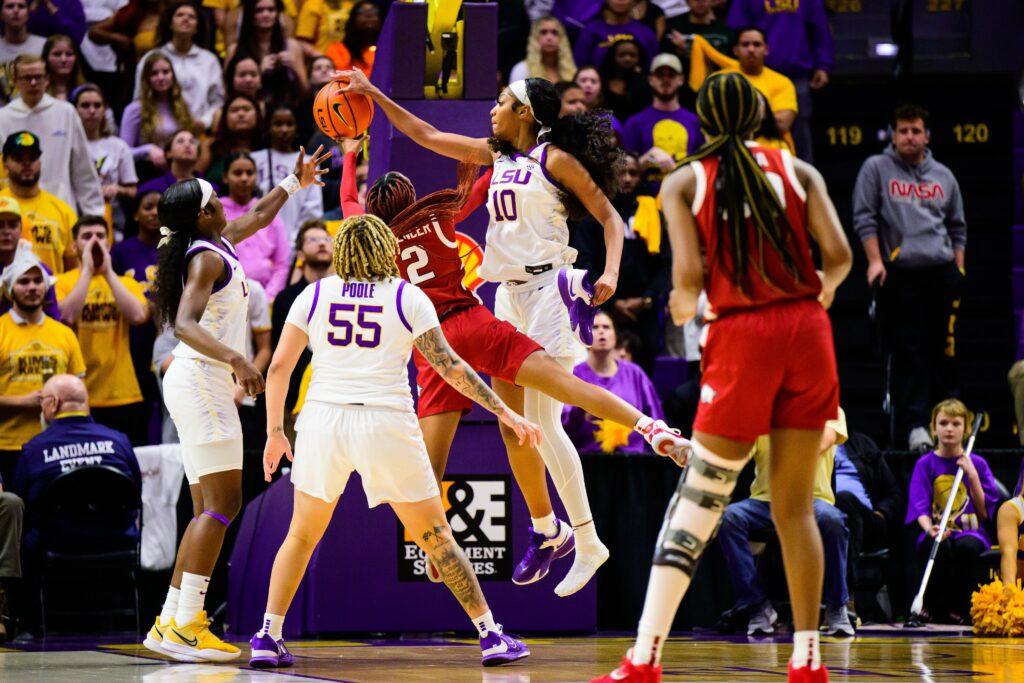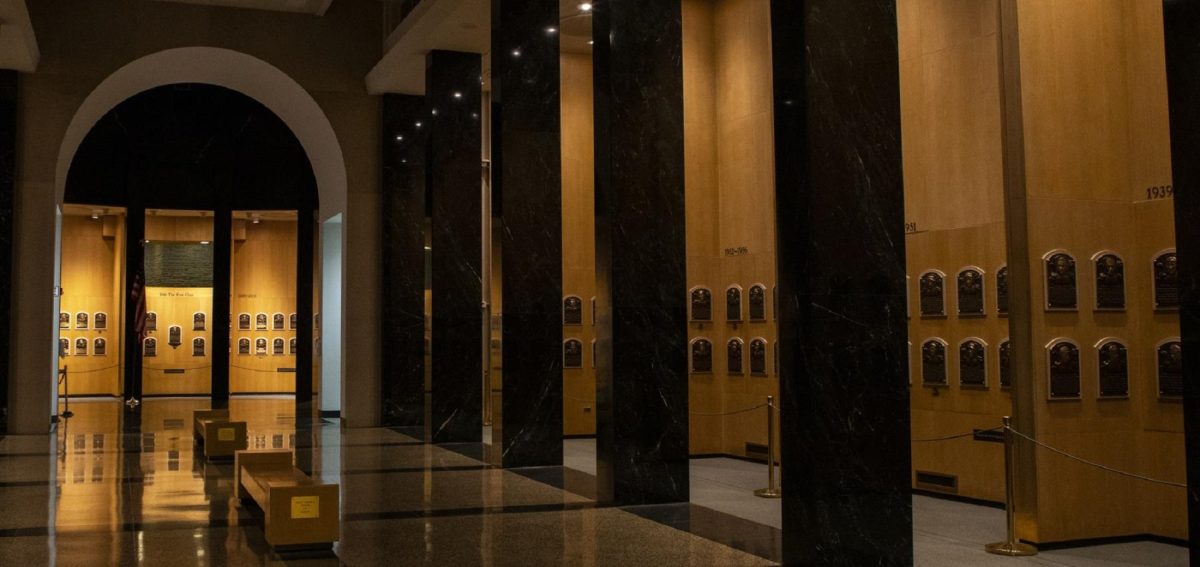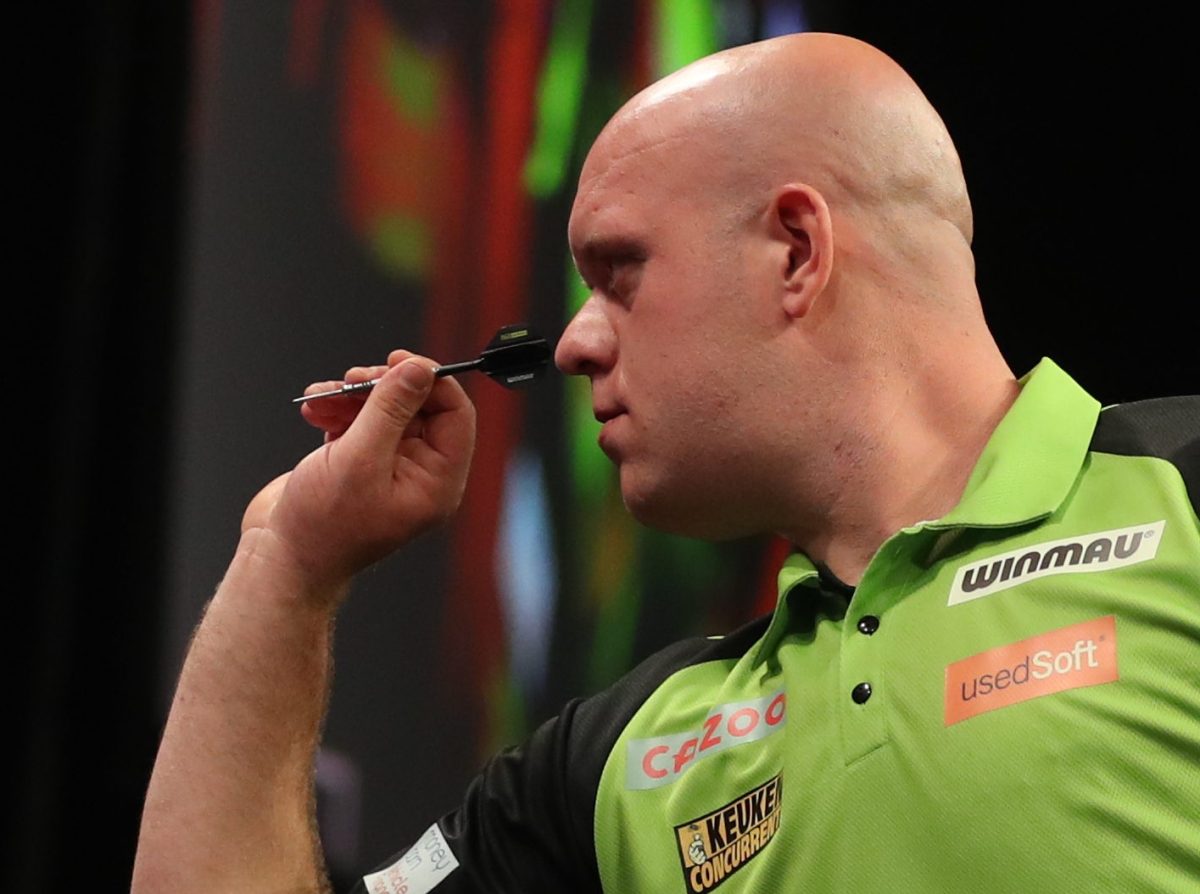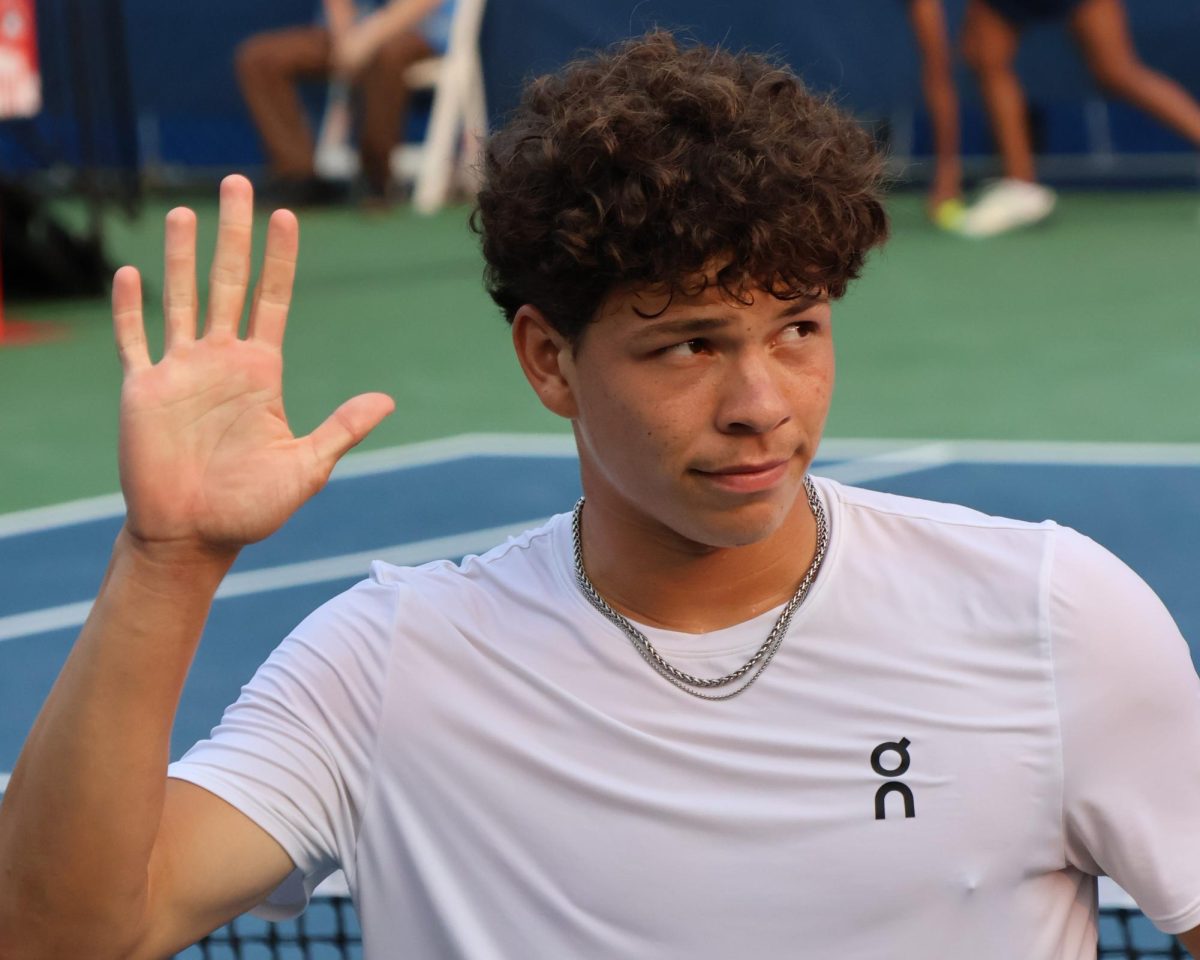As purple and gold confetti rained down on the Louisiana State University Tigers, the 2023 NCAA Division I Women’s Basketball Champions, Head Coach Kim Mulkey stood with tears in her eyes, shaking her head in a state of joyful disbelief.
LSU’s up-and-down journey to win its first championship in program history as the No. 3 seed in the Greenville 2 Regional might not have been the prettiest or most expected. In the absence of a challenging non-conference schedule, many pundits questioned the Tigers’ ability to perform under pressure.
“If I was watching this game, I’d turn it off,” Mulkey remarked in a post-game interview after LSU’s Elite Eight win over Miami, where the Tigers prevailed despite making just 30.2% of their shots from the field.
However, LSU hit a new gear as the Tigers’ offensive masterclass propelled the team to a 102-85 victory over the Iowa Hawkeyes in the April 2 national championship to seal the end of an exciting Women’s March Madness. This high level of basketball, coupled with the explosion of personality and competition that threaded through the tournament, are positive signs of the growth of women’s basketball.
From the start of the tournament, this year’s Women’s March Madness presented itself as a new tournament with a new legacy, as predicted winners and No. 1 seeds Stanford and Indiana were knocked out in the second round of play and old-school dynasties like UConn and Tennessee failed to make it past the Sweet Sixteen.
With the floor wide open for anyone to reach for the championship, several stars stepped up to the plate — none more so than Iowa junior guard Caitlin Clark. With her determined swagger and confidence, Clark excited audiences by displaying massive performances in every game, putting up a record-breaking triple-double to down Louisville in the Elite Eight with 41 points, 12 assists and 10 rebounds.
Although Clark’s star power carried Iowa to the Final Four, most networks predicted that the Hawkeyes would be snuffed out by the reigning and highly anticipated winners of the tournament, the South Carolina Gamecocks, led by 2023 No. 1 WNBA draft pick Aliyah Boston in her senior year. However, in a stunning 77-73 upset with as many as 5.5 million viewers watching, Clark dropped another 41 points to send the Gamecocks home, and Iowa to its first ever national championship.
LSU and Iowa — the two new kids on the block — brought excitement and competition to the national championship, garnering an average of 9.9 million viewers on ABC and ESPN2, making it the most-watched title game in the history of Women’s March Madness. Its streams were also up by more than 103% from last year’s championship.
Despite Iowa’s loss, Clark’s performances launched her into stardom as videos of her leaving a South Carolina player unguarded at the 3-point line and sinking shots barely past half court spurred professional athletes like LeBron James and Patrick Mahomes to comment on her high level of play.
Fans similarly lauded some of LSU’s players for their personality mixed with their game play, dubbing Angel Reese, the Most Outstanding Player of the tournament, the “Bayou Barbie.” Videos of Reese’s stone-cold “you can’t see me” taunt in the championship game went viral.
“They all have personalities, and I think a lot of these personalities coaches want to be scared of,” Mulkey said about her championship team, which was assembled from a largely new roster this season. “I’m not afraid of that… they just are ballers.”
Despite the media success of the end of the tournament, with games attracting more viewers than every game of the NBA Playoffs besides the Finals, and the NCAA projecting that the value of the women’s tournament will reach $85 million or more by 2025, up from the $34 million it is currently valued at, the exposure also has a dark side.

While fans were quick to champion Clark for her competitive spirit in the tournament, displays of personality from LSU’s stars like Reese were less well-received.
“Classless piece of shit,” Dave Portnoy, the founder of Barstool Sports, tweeted on April 2.
Keith Olbermann, the host of the “Countdown” sports podcast, called Reese a “‘fucking idiot’” on the show.
The disparity in social media support for Clark and Iowa versus LSU came to a head when First Lady Jill Biden remarked that Iowa should come to the White House to be honored “because they played such a good game.”
The First Lady’s comments, which went against the precedent of only inviting the first-place team to the White House, sparked national controversy, opening up a conversation about race and inclusion at the highest level of sports.
Although Clark responded to the controversy in a televised interview with “Outside the Lines” and emphasized that Reese “should never be criticized for what she did” and “LSU should enjoy that moment for them…Maybe I could go to the White House on different terms,” the entire affair unearthed the ugly underbelly of what the growing pains of the sport may be.
In response to the criticism she received after the championship, Reese spoke on the frustrating and backwards implications of the drama in an interview with “I AM ATHLETE,” a discussion show founded by former NFL wide receiver Brandon Marshall.
“Why are we going back and forth as women if we’re supposed to be growing the game together, why can’t we be together?” Reese said. “I feel like we’ve went into a space where it’s Black women against white women.”
In the past, pervasive sexism barring women from media deals, visibility and viewership has hampered women’s basketball with play being socially devalued as “uncompetitive” or “boring.”
However, in this most recent tournament, the top-level gameplay and personality injected into the game have changed the obstacles facing the sport. Now, a more subtle and just as dangerous barrier of racism threatens to disrupt the climb the sport has made, working to divide female athletes from within.
If viewers cannot come together to support women’s basketball stars without tearing one another apart, then the road that has been paved will have meant nothing for the future of basketball. In order to uplift the sport to the level of respect it deserves, all women must feel comfortable and accepted to champion themselves in basketball.














